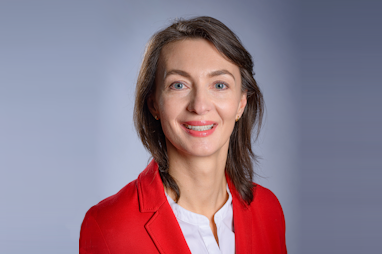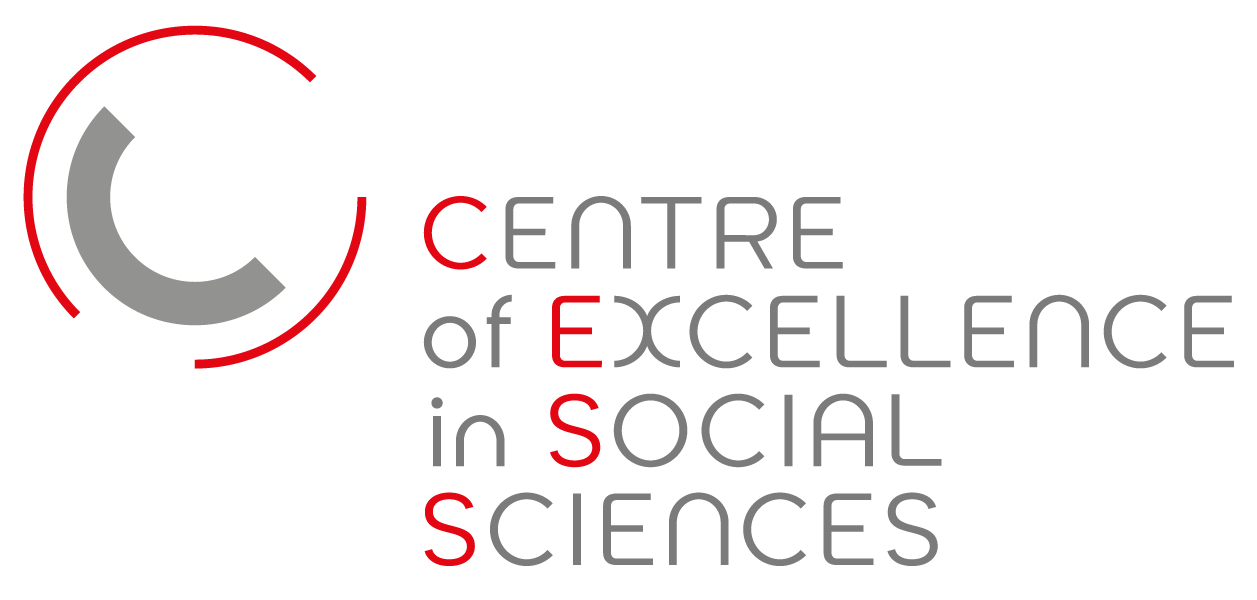Dr hab. Maria Theiss’s project, funded in the competition for research projects at CESS

29 11 2024
The project of Dr hab. Maria Theiss from the Faculty of Political Science and International Studies “What do others get? Comparative standards in perceived distributive justice. The analysis in the hybrid welfare states of Poland, Romania and Israel” was funded in the competition for research projects at the Centre of Excellence in Social Sciences.
The project received funding in the amount of 79 900,00 PLN.
Who do people actually compare themselves with when they think that what they received from the state is just or unjust? If they compare themselves to people in poverty or immigrants, is that relevant in making them feel treated unfairly or unjustly? If they choose to compare themselves to, say, immigrants, does it make them more likely to get involved in politics? In this project, we are looking into how people in Poland, Romania, and Israel perceive issues of distributive justice, with a focus on their experiences with public secondary healthcare. The project looks at how people understand and evaluate health policies. This helps us understand how political attitudes are formed and whether people feel the political system is legitimate. What makes this project innovative is that it looks at two areas that haven’t been researched much before. First, it looks at the role of “comparative standards”. This is a norm or group of people who are considered to be the “beneficiaries” of public policies. People compare their own “gains” from these policies to the “gains” of the “beneficiaries” when they’re assessing the justice of the policies. Second, it looks at the role of hybrid welfare states in shaping those standards. The countries we have chosen are good examples of hybrid welfare states with different justice norms (like universalism, neoliberal focus on citizens’ contributions to the system, and exclusionary populism), which makes them appropriate for studying how people make comparisons when they are thinking about distributive justice.
The main research goals and questions are to understand how people create and choose their own standards for comparison, and to explore how these standards affect their views on fairness and political attitudes. The project will follow a qualitative interpretive study approach, looking at how citizens experience their encounters with the state. We have chosen countries which are highly different but similar in regard to hybrid system of welfare state. We will conduct 12 focus group interviews (four in each country), with participants from different social classes and living in urban or rural areas. We’ll analyse the data using abductive qualitative content analysis. We will develop a shared coding system to conduct both highly data-driven and rigorously comparative analysis.

